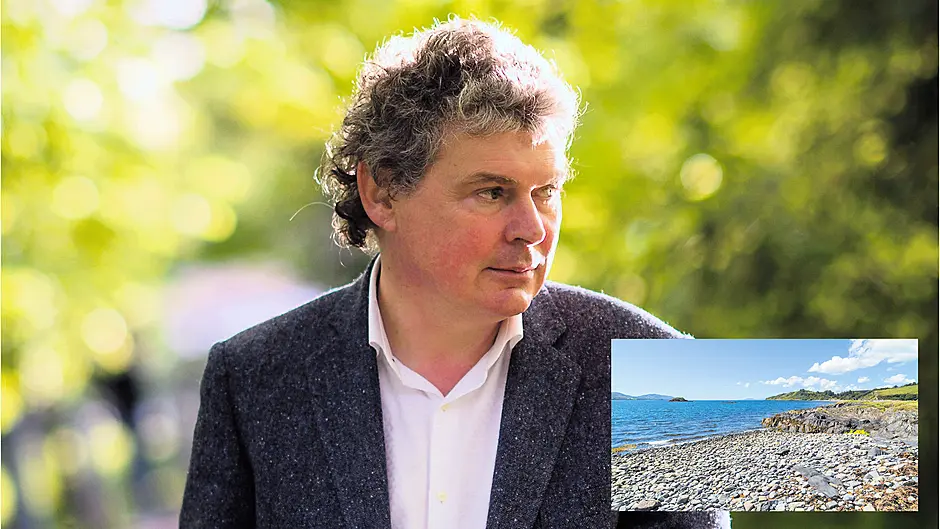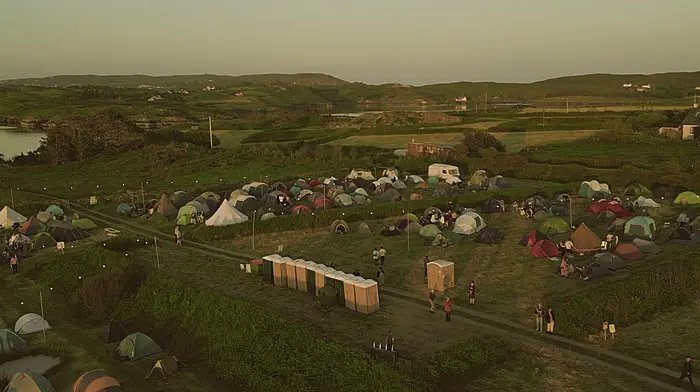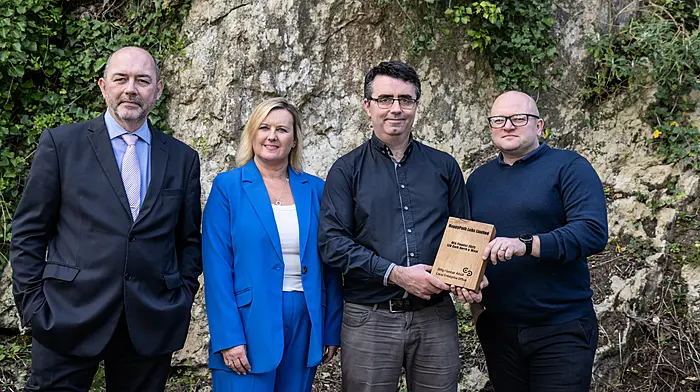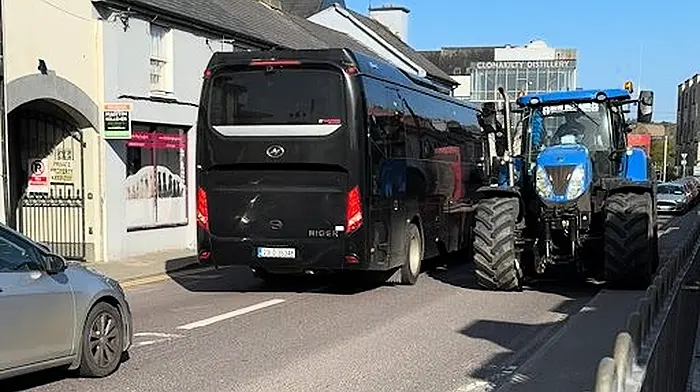Bantry Historical Society not only won the inaugural County Award during Heritage Week, it has also announced the completion of a major research project.
The project, which took six-months to finish, has been uploaded to its website and the response has been phenomenal, according to Angela O’Donovan, the society’s chairperson.
Cork County Council made funding available through the Creative Ireland 2020 Scheme and the 80-plus members of Bantry Historical and Archaeological Society saw an opportunity to use the grant to research the culture and creativity of the greater Bantry area.
But it wasn’t just the society members who became enthusiastic about this cultural treasure hunt, it quickly caught the imagination of the wider community.
Even people in Australia, the UK, and the US heard about it and got in touch. Angela said: ‘They contacted us to tell us about their ancestors, who had left Bantry in the 1800s, but were sufficiently homesick to write poetry about their native town.’
A woman in Australia also alerted them to the existence of sketches by George Victor Du Noyer of notable local houses and now they can be viewed on the website: bantryhistorical.com/localhistory
The society uncovered a wealth of historic writings, but given the creative and cultural aspect of this project they were hugely encouraged to find a rich seam of poetry and prose.
They even included some contemporary pieces including a poem about Bantry that was commissioned by Bantry Library during a recent West Cork Literary Festival.
The poem was penned by Ruth Padel, who is in fact the great great granddaughter of Charles Darwin, and is titled the Mill Wheel at Bantry.
There are 14 separate components to the project, all of which can be viewed under the local history tab on the website.
Some From The Trenches verses by Dan Reagh O’Sullivan, who served in WWI, give an all too vivid picture of war. There’s prose, too, by the famous Timothy Daniel Sullivan, who later became Lord Mayor of Dublin, and was a well-known member of parliament in the late 1800s.
‘We are privileged to have one of Frankie McCarthy’s prize-winning poems about the town clock in the tower of St Brendan’s Church,’ said Angela.
The oral tradition is not forgotten. The work of Máire Bhuí ní Laoire – who claimed she saw the French fleet in Bantry Bay in 1796 – was committed to memory and latterly written down. It is a must-see feature of the website.
Bantry Historical even arranged a recording session in the old schoolhouse on Whiddy Island. It was held in accordance with strict Covid-19 guidelines and the audio – which includes songs by John Spillane – is available too.
Tim O’Leary of Whiddy regaled the society with songs and stories about the area, while another Bantry native, Eoin Warner, who is a well-known presenter on nature programmes, and a fine sean nós singer, contributed too.
Angela said: ‘His passion for the natural world, and his beautiful singing of old verses relating to the locality are an absolute treat.’
Bantry’s greatest poet, Derry O’Sullivan, was expertly profiled by Seán Kelly, who recited a number of his Irish poems.
But for many the absolute highlight of the recording is the offering by the inimitable John Spillane.
Afterwards, the singer-songwriter wrote to the society. ‘It was a great honour for me to have been invited down to Whiddy Island by the Bantry Historical Society to sing and play music in company with Seán Ó Ceallaigh and Eoin Warner from Bantry and to celebrate the fierce history of Bantry Bay and Whiddy Island,’ he said.
‘My grandmother Christina Minihane came from Whiddy and we always had a photo of her sitting on a boat at Donemark and the island in the background.
‘All my family are from Bantry and I was delighted to sing my Gortatagort song on Whiddy in the schoolhouse where my grandmother went to school and my new song about Chief O’Neill from Traleebawn.
‘When I went home after the visit to the island I composed a slow air on the concertina called Whiddy Island. It’s a lament for the Whiddy disaster in the tradition of other slow airs and caoineadhs for tragedies at sea up and down the coast from Carraig Aonair to Caoineadh Inis Gé.’
It’s not just Bantry Historical Society that is delighted by all this new data. Lots of people have gone online to check out for themselves these new cultural additions, and it has led to more people asking to join the society.
Angela said: ‘We’ve never been busier. We are even tuning in to various webinars and history conferences, which is another new departure for us.’
• For further information contact: [email protected]








